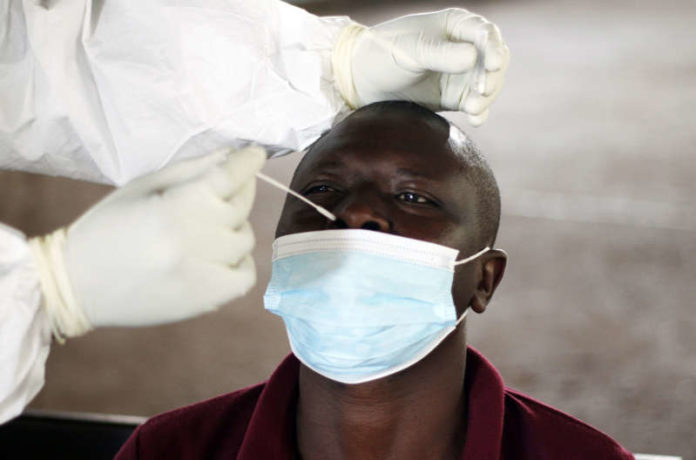After learning that a friend tested positive for COVID-19, Thembi Ndlovu went to a health clinic in Zimbabwe’s capital in search of a free coronavirus test. But there were none left that day, leaving the 34-year-old hairdresser unsure if she needed to take precautions to protect clients.
“I wish we could just walk into a pharmacy and buy a cheap self-testing kit like we do with pregnancy or HIV,” she said as she left the clinic in a working-class township of Harare. “It would be much easier.”
For millions of people in rich countries, COVID-19 self-tests have at times been abundant and free, including in Britain, Canada, France and Germany. But most people across Africa have limited access to them.
Zimbabwe introduced free walk-in testing centres in November 2020, but supplies are tight and the country still has no national program to distribute at-home tests.
Although self-tests are available in some Zimbabwean pharmacies, they cost up to $15 each, a fortune in a country where more than 70% of the population lives in extreme poverty made worse by the pandemic. The situation is similar elsewhere across the continent and in parts of Asia and Latin America with few, if any, opportunities for people to easily test themselves.
Perhaps the biggest obstacle to making inexpensive, self-tests widely available in the developing world is that the World Health Organization has yet to issue guidance on their use. Without the resources of wealthy countries to buy tests or evaluate their safety, poor countries must wait for WHO approval before aid groups and international agencies are willing to donate them in large numbers.
Source: Associated Press




